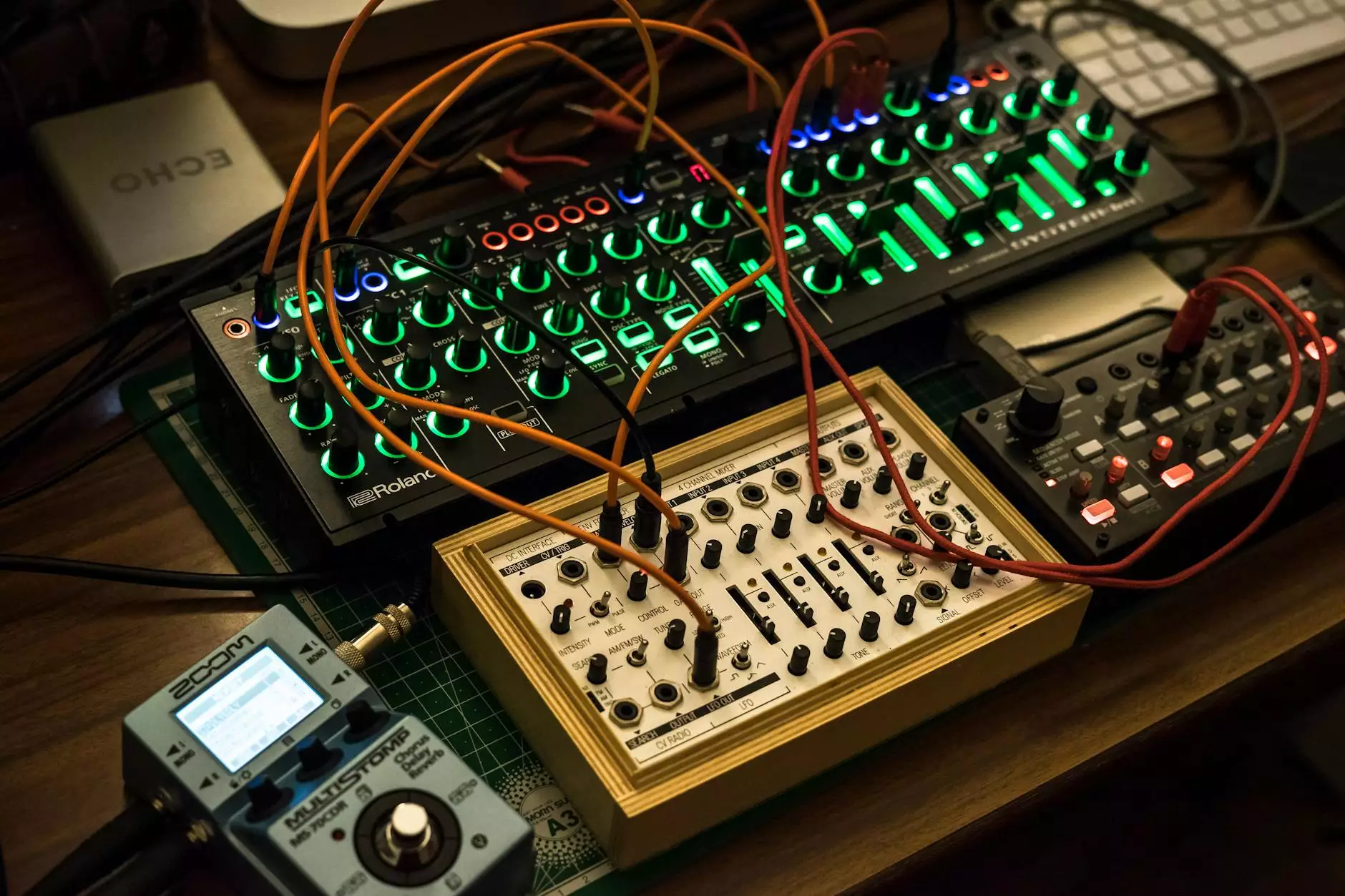How Should Outlets Be Installed In The Kitchen?
FAQs
Welcome to City Wide Electrical, your trusted source for professional electrical services. In this article, we will discuss the important considerations and best practices for installing outlets in the kitchen. A properly installed kitchen outlet ensures both safety and functionality in your culinary haven.
Understanding Electrical Safety in the Kitchen
The kitchen is one of the most important areas of your home, and it's crucial to prioritize electrical safety in this space. When it comes to installing outlets in the kitchen, it's essential to follow the guidelines outlined by national electrical codes, such as the National Electrical Code (NEC).
One of the primary safety considerations is the use of Ground Fault Circuit Interrupter (GFCI) outlets. GFCI outlets are designed to detect and respond to ground faults, providing an additional layer of protection against electric shocks. According to NEC requirements, GFCI outlets should be installed in specific locations in the kitchen to ensure safety.
Proper Placement of Outlets in the Kitchen
When determining the placement of outlets in your kitchen, it's essential to consider both convenience and safety. Here are some key guidelines to follow:
1. Countertop Outlets
Countertops are the primary work areas in the kitchen, and having ample electrical outlets is crucial for powering your appliances and electronic devices. According to NEC guidelines, outlets should be placed no more than 4 feet apart along the kitchen countertop.
It's recommended to install tamper-resistant outlets, especially if you have young children at home. These outlets have built-in safety features that prevent objects other than electrical plugs from being inserted.
2. Island Outlets
If you have a kitchen island, it's important to consider the placement of outlets to ensure easy access to power sources. Consult with a licensed electrician to determine the ideal location for island outlets, considering both functionality and aesthetic appeal.
3. Appliance-Specific Outlets
Specific appliances in your kitchen, such as refrigerators, dishwashers, and ovens, require dedicated outlets. These outlets should be installed to accommodate the electrical requirements of the respective appliance. It's crucial to hire a professional electrician to ensure proper wiring and outlet installation.
4. Wall Outlets
In addition to countertop and island outlets, there should be wall outlets strategically placed throughout the kitchen. These outlets can be used for connecting smaller appliances, charging stations, or other electrical needs. NEC guidelines recommend placing outlets no more than 12 feet apart on the walls.
Hiring a Professional Electrician for Outlet Installation
When it comes to electrical work, including outlet installation, it's always best to rely on the expertise of licensed electricians. Hiring a professional ensures compliance with electrical codes, enhances safety, and guarantees the functionality and reliability of your kitchen outlets.
At City Wide Electrical, we specialize in providing top-notch electrical services for residential customers. Our team of experienced electricians is well-versed in kitchen outlet installation and can ensure meticulous workmanship.
Whether you are remodeling your kitchen or need to upgrade your existing electrical system, we are here to assist you. Contact City Wide Electrical today to schedule a consultation and let us help you create a safe and efficient electrical setup in your kitchen.
Conclusion
Proper outlet installation in the kitchen is essential for both safety and convenience. Following national electrical codes and consulting with professional electricians, such as City Wide Electrical, will guarantee a secure and efficient electrical system in your kitchen.
Remember, electrical work should always be handled by professionals to mitigate the risk of accidents or code violations. Prioritize the safety of your family and home by entrusting your kitchen outlet installation to experts in the field.










